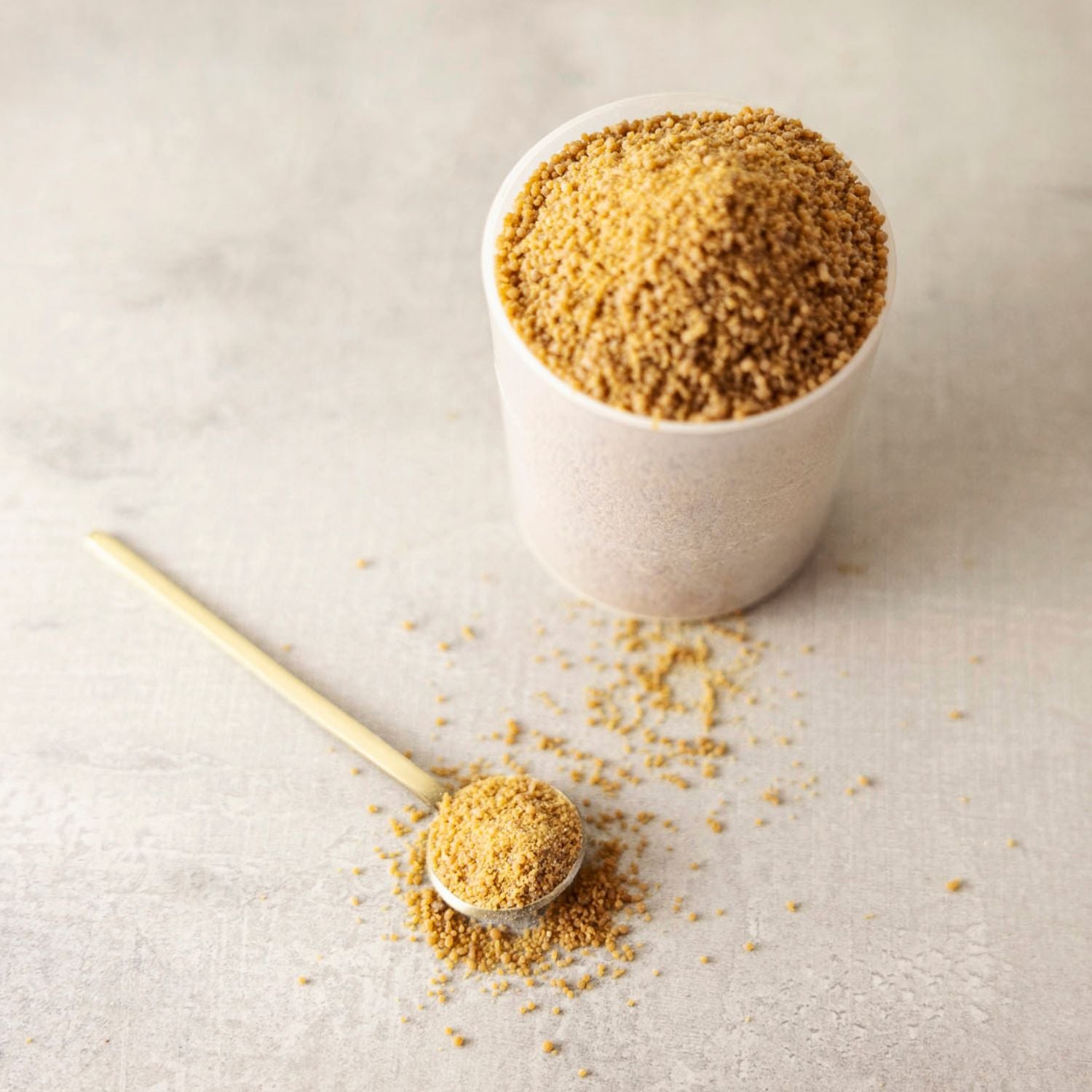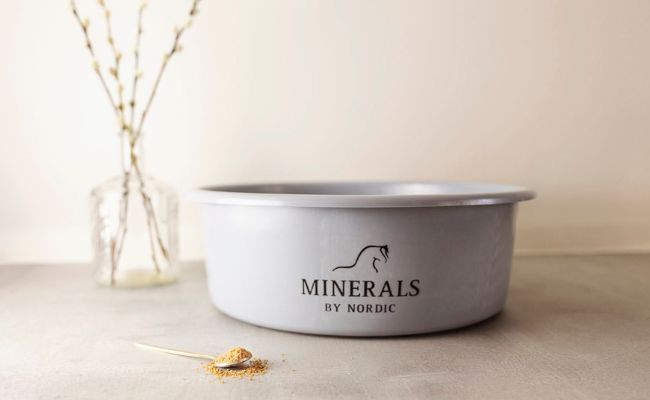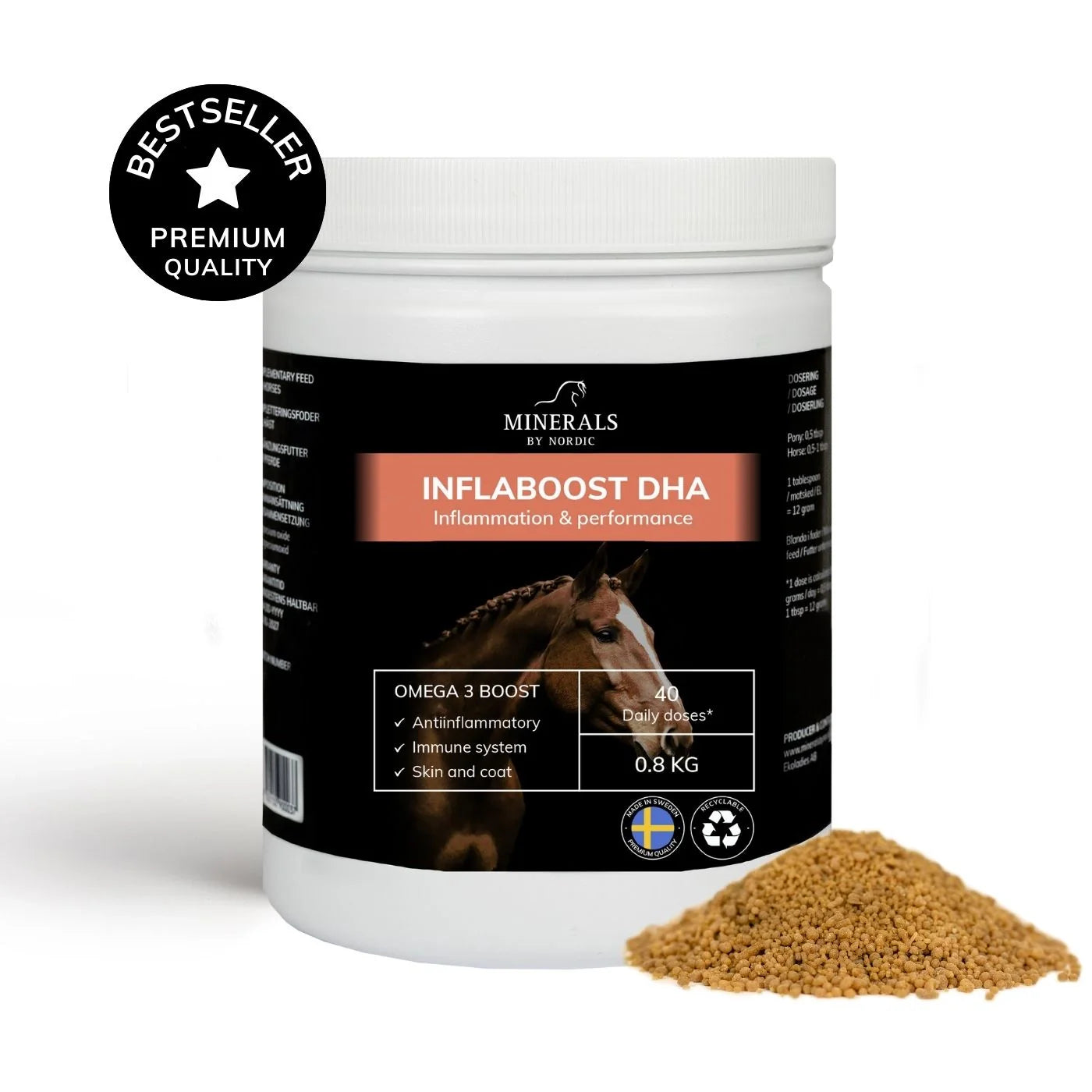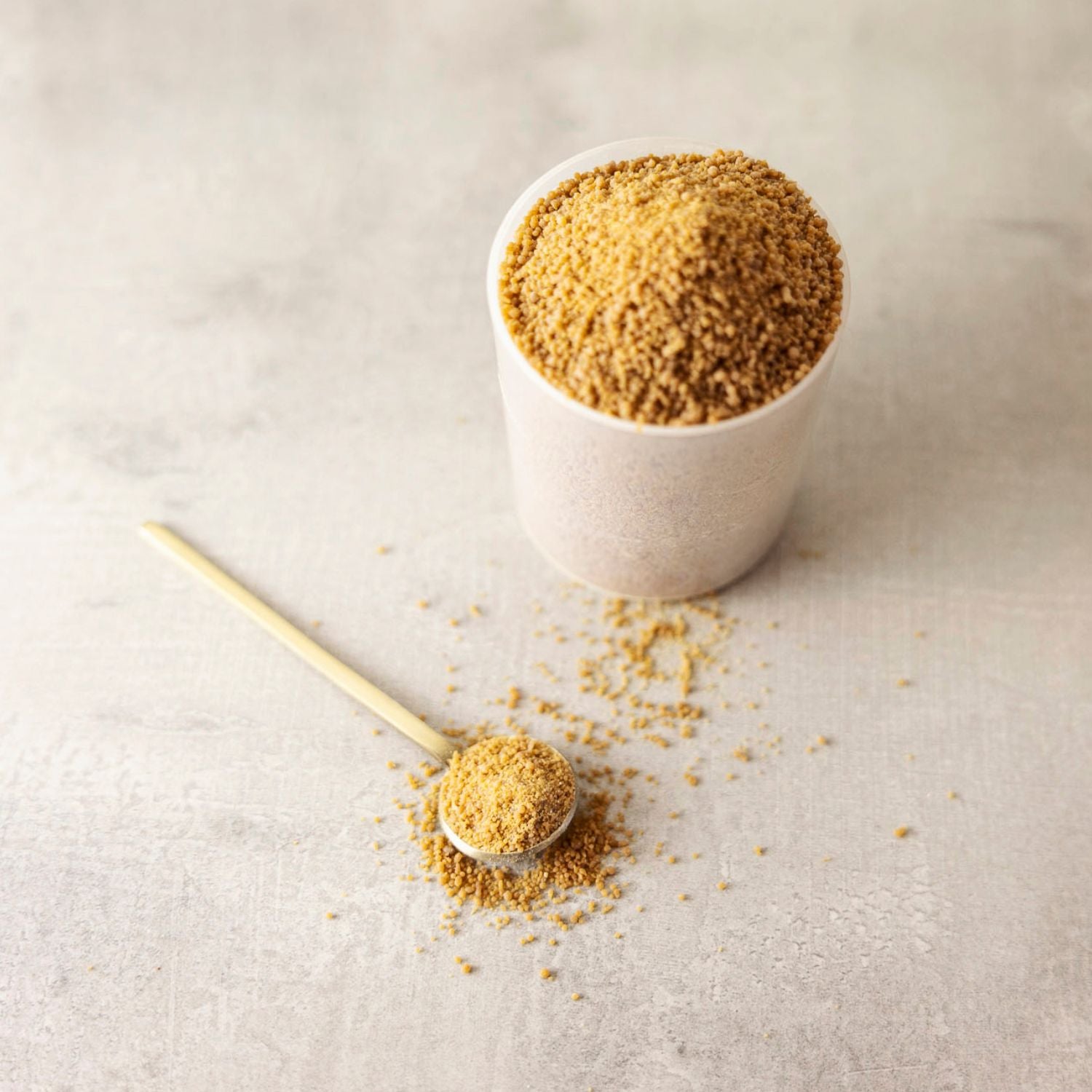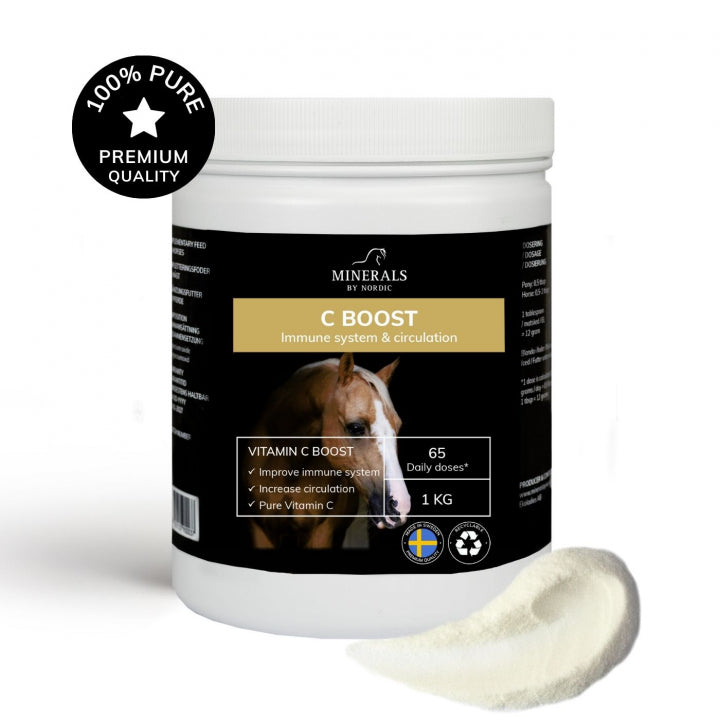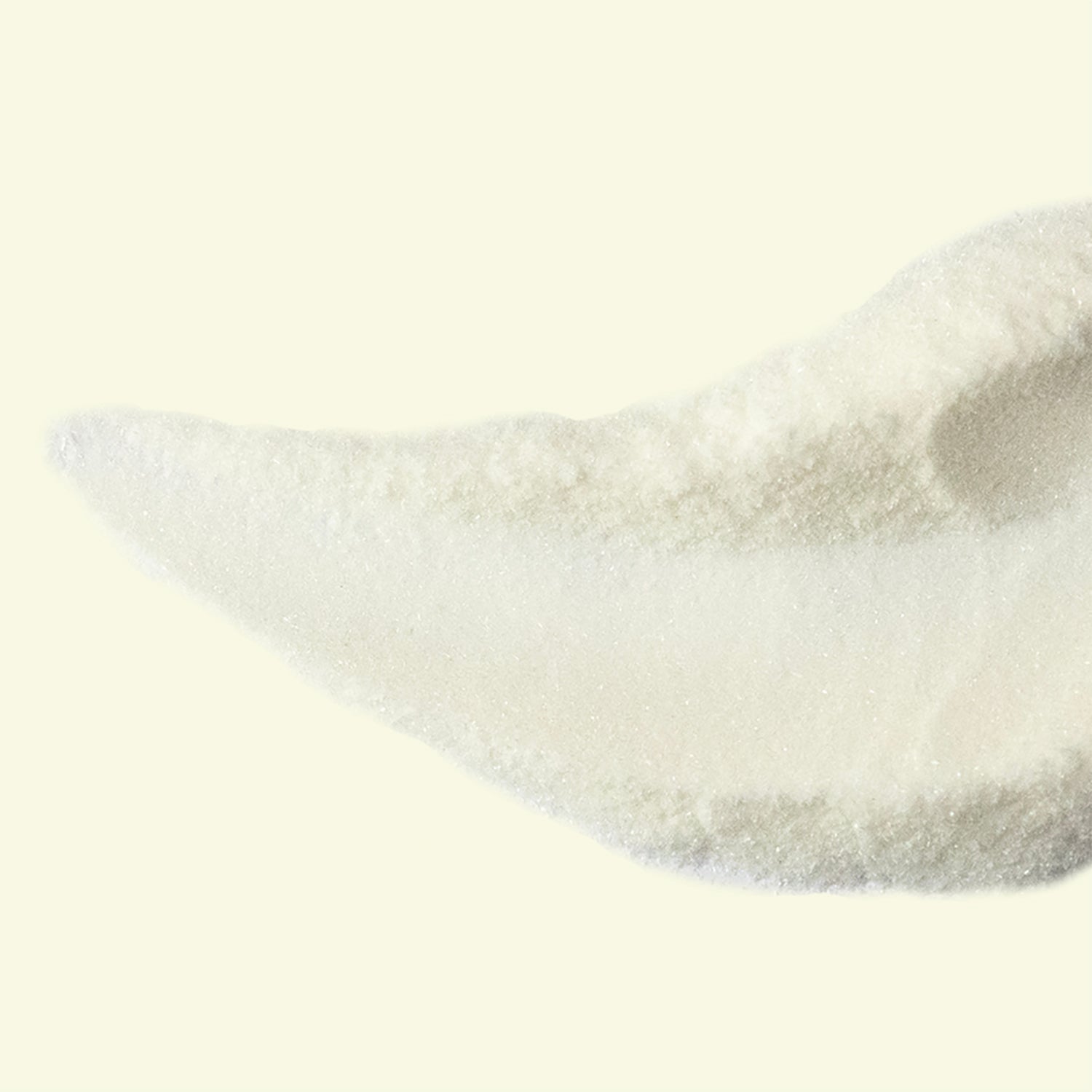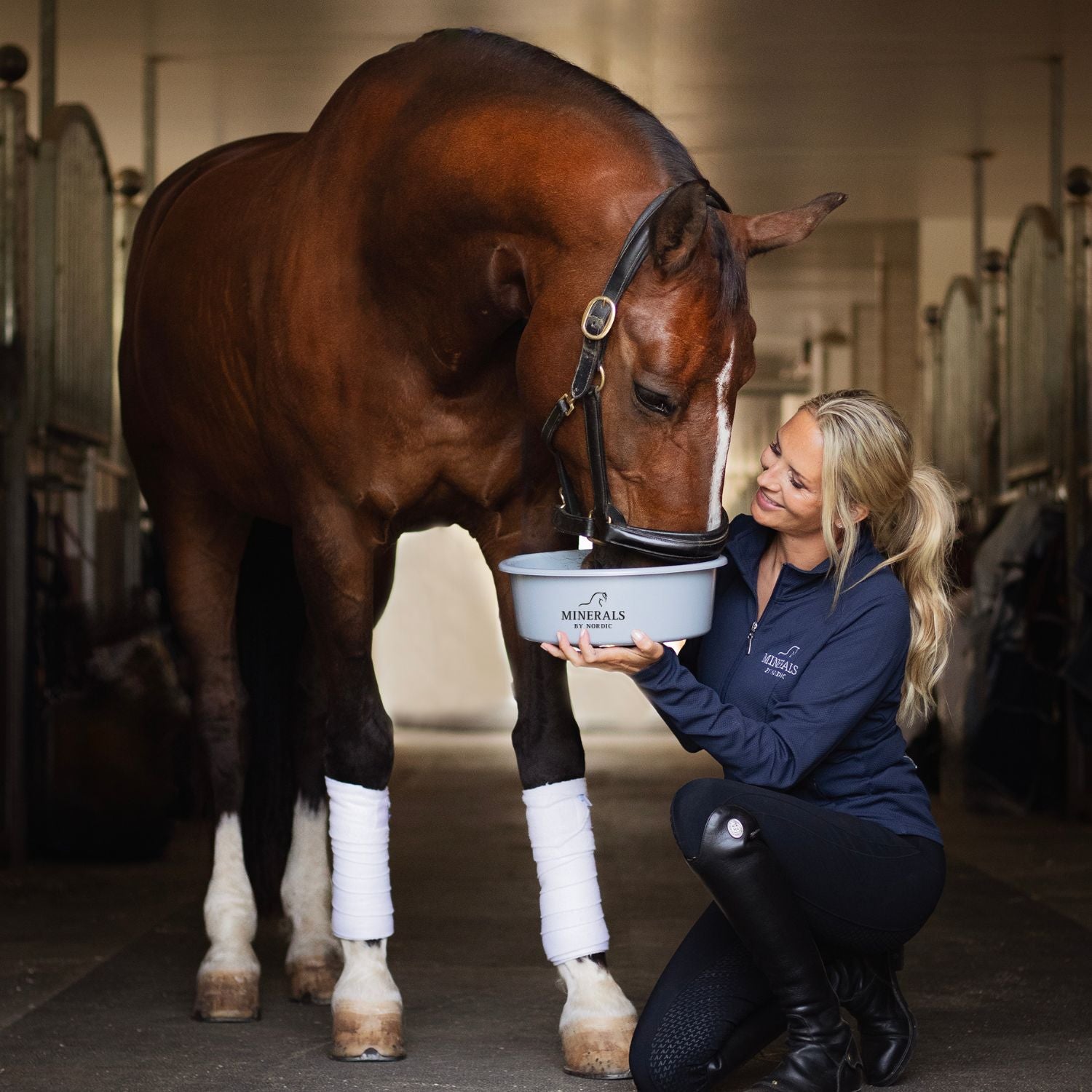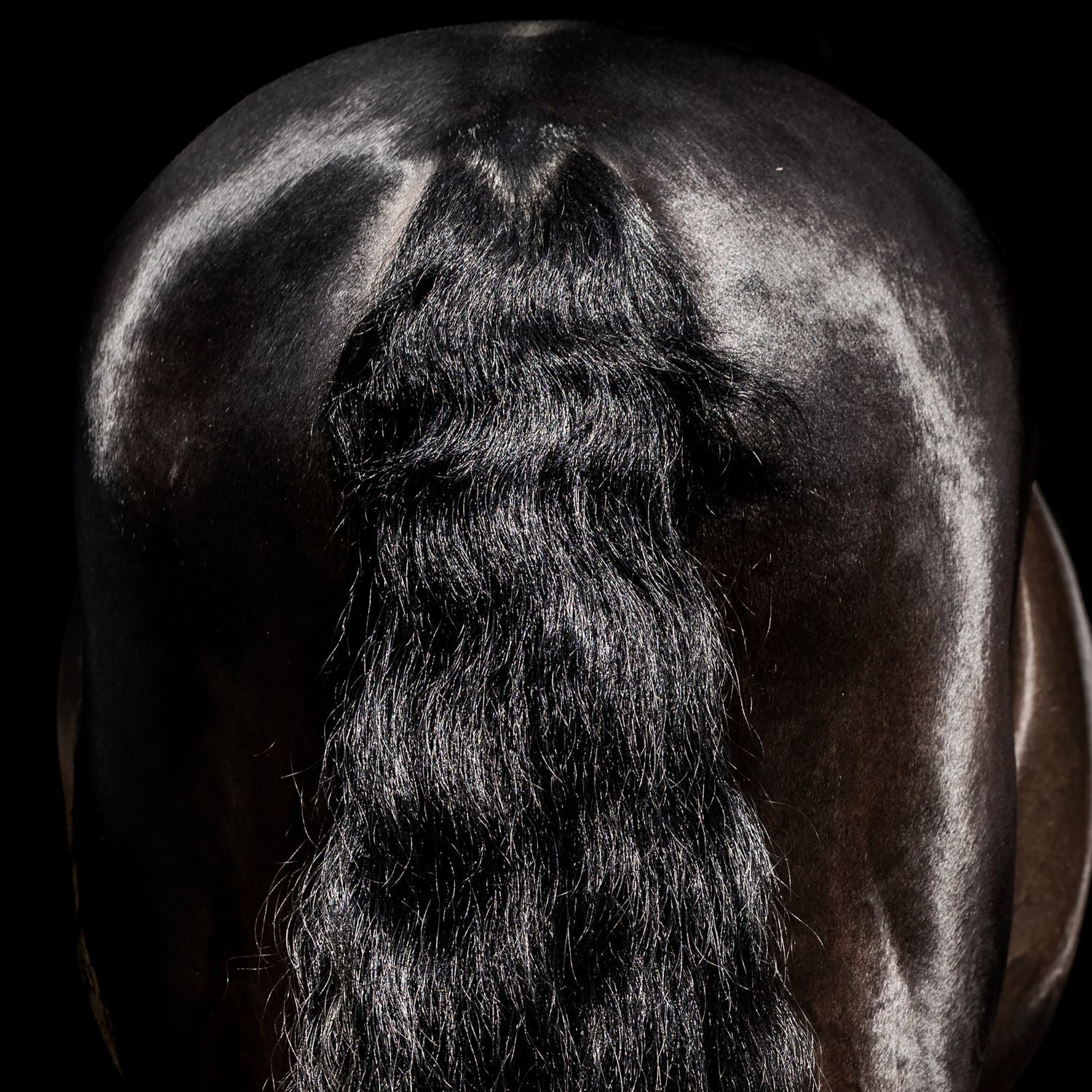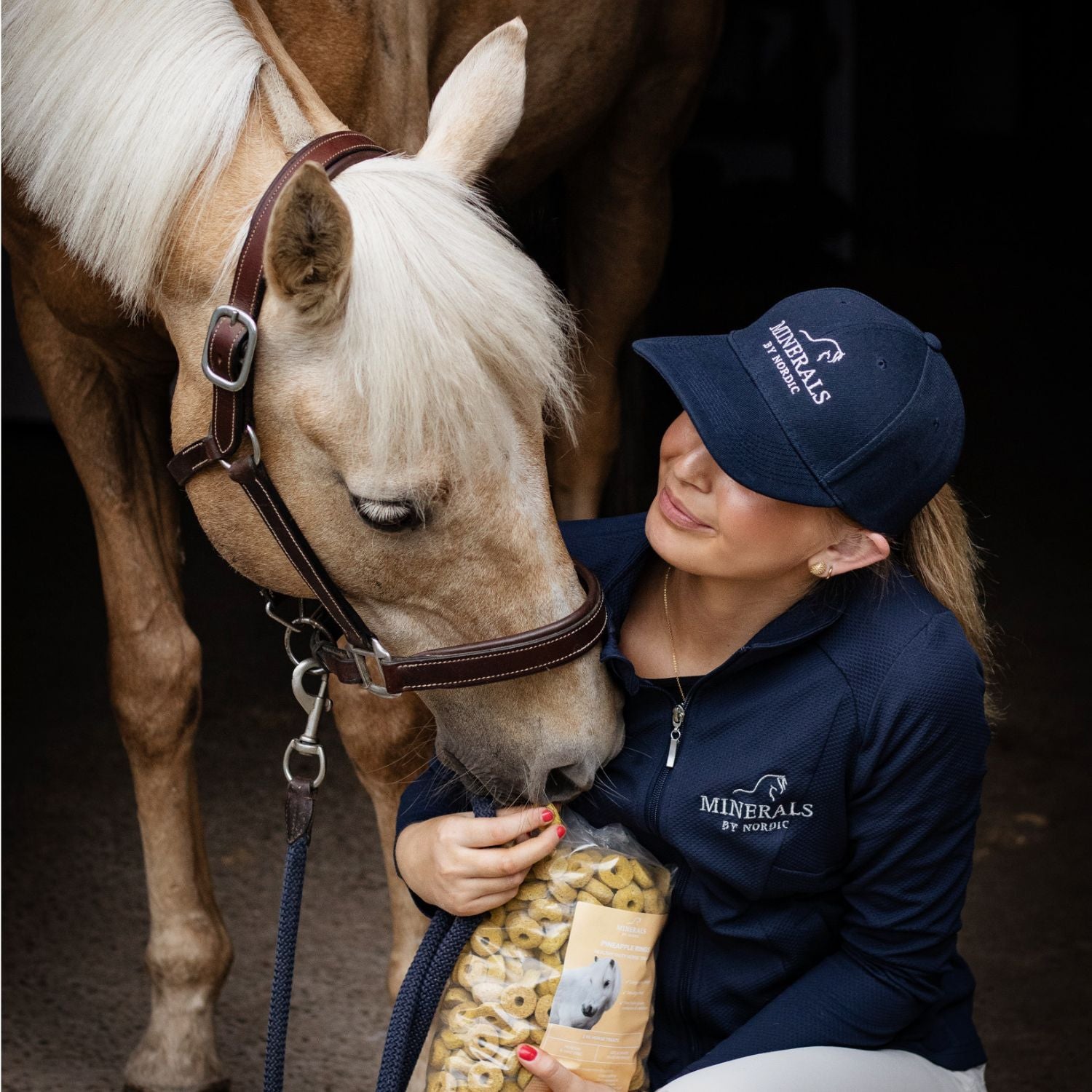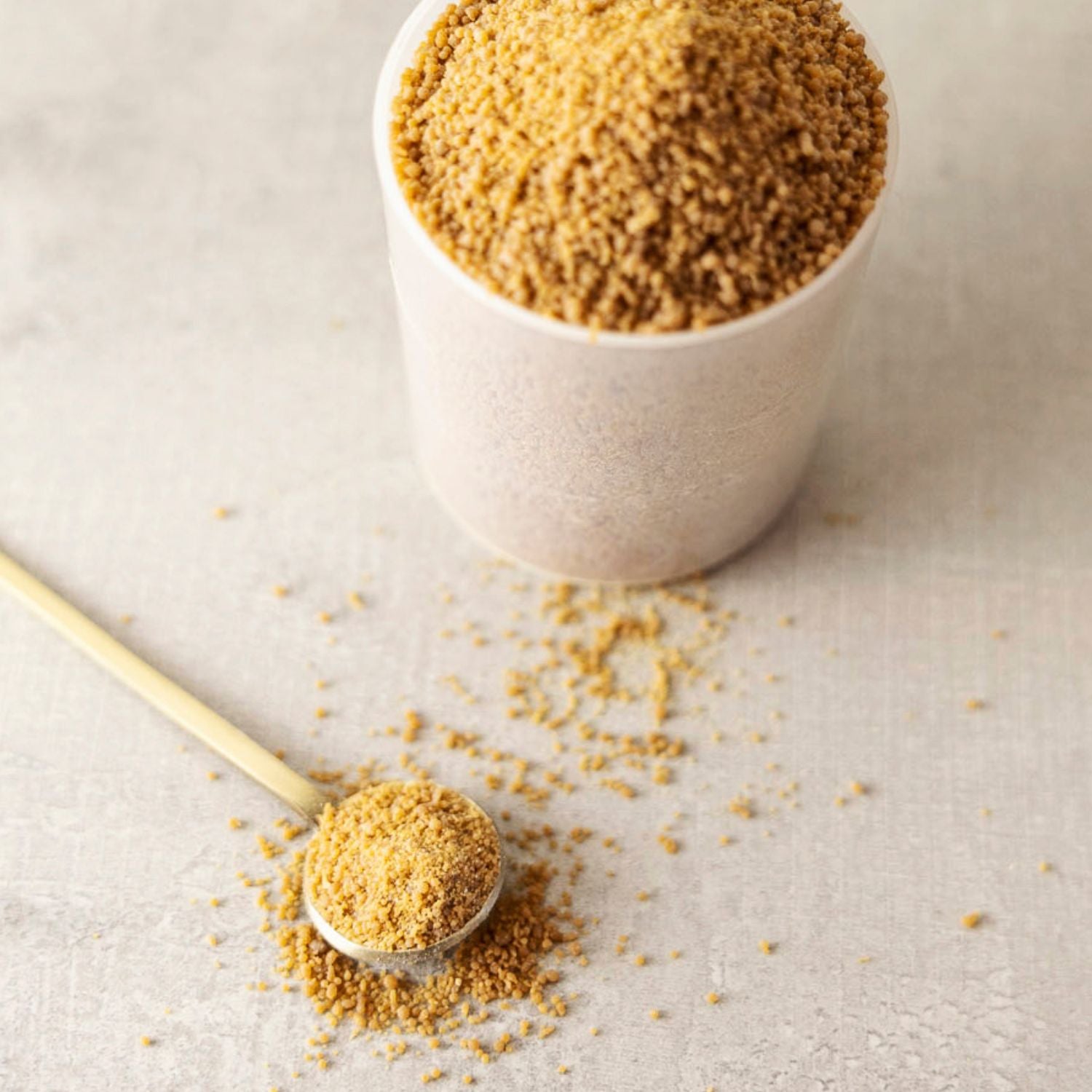Fungal infections in horses - Symptoms and treatment
How do you recognize fungal infections?
Symptoms of fungal infections in the coat may include itching, redness, and flaky skin. Small bald spots may also appear where the skin looks irritated. If you notice that your horse is scratching frequently or that the coat looks uneven, it may be a sign of a fungal infection.
Common types of fungal infections in horses
Ringworm (Dermatophytosis)
One of the most common fungal infections in horses. Caused by fungi from the genera Trichophyton and Microsporum. Ringworm is highly contagious and can spread through direct contact or via contaminated objects such as brushes and saddles.
Symptoms: Round, hairless patches that may become crusty and irritated.
Mud fever (Dermatophilus congolensis)
Mud fever is a fungal infection that typically affects the horse’s lower legs, especially in damp and muddy conditions. It appears as crusty or sore areas on the skin, often with inflammation and swelling.
Symptoms: Crusty skin areas, swelling, and inflammation.
Fungal infections in mane and tail (Mallenders and Sallenders)
Fungi can occur in areas where the horse has a thick mane or tail that retains moisture. It causes irritation, hair loss, and crust formation.
Candida infections
A type of yeast infection that can affect the horse's mouth or genital area, especially if there is an imbalance in the microflora due to antibiotic treatment.
Symptoms: Redness, irritation, and sometimes ulceration.
Treatment and prevention
To treat fungal infections, it is important to keep the horse dry and clean. Use a mild, antifungal shampoo and ensure that all brushes and tools are thoroughly cleaned after use to avoid spreading the infection.
To strengthen the immune system, supplements such as C Boost and Inflaboost DHA are recommended. To maintain the balance of the stomach, prebiotics like Pur.Mash can be helpful.
When to contact a vet?
If the infection does not improve or if the horse shows signs of discomfort, you should contact a veterinarian for advice. They may recommend medical treatments that can help your horse recover quickly and effectively.
FAQ: Fungal infections in horses
What is the best way to treat fungal infections in horses?
Use antifungal shampoo, keep the horse dry, and strengthen the immune system with the right supplements.
How can I prevent fungal infections?
Keep the horse clean and dry, use the right feed and supplements that support the immune system and gut health.

